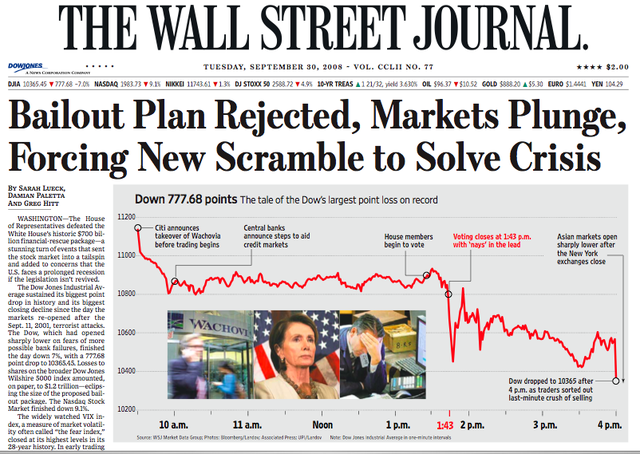SPECIAL REPORT
This exclusive North American article will be broken into a series of five consecutive posts providing our readers with useful market edges and insights that are unprecedented amoung peers, into the empirical patterns behind historical and "possibly future stock market crashes." The article is sourced and supported by the author's research; having first been published earlier in renowned European journals. Applying such knowledge wisely, thereby optimizes the chances for better decisions and increased wealth - First Financial Insights, Toronto, April 2015

New stock market crash, a pattern?
Every production phase or civilization or other human invention goes through a so called transformation process. Transitions are social transformation processes that cover at least one generation. In this article I will use one such transition to demonstrate the position of our present civilization and its possible effect on stock exchange rates.
When we consider the characteristics of the phases of a social transformation we may find ourselves at the end of what might be called the third industrial revolution. Transitions are social transformation processes that cover at least one generation (= 25 years). A transition has the following characteristics:
- it shows technological, economical, ecological, socio cultural and institutional changes at different levels that influence and enhance each other
- it is the result of slow changes (changes in supplies) and fast dynamics (flows)
Examples of historical transitions are the demographic transition and the transition from coal to natural gas which caused transition in the use of energy. A transition process is not fixed from the start because during the transition processes will adapt to the new situation. A transition is not dogmatic.
TO BE CONT...
CAN IT HAPPEN AGAIN ?

The article “A new stock market crash, a pattern?”, in dutch "Nieuwe beurskrach, een wetmatigheid?” was published in a magazine “Tijdschrift voor economisch onderwijs” (magazine for economical education), a monthly publication of the VECON, A union of teachers in economic and social subjects in the Netherlands
